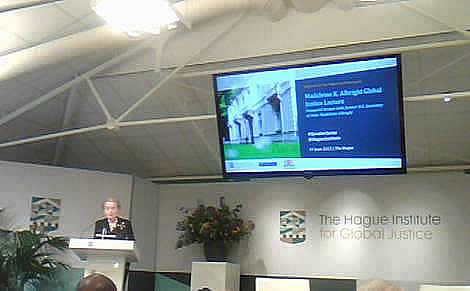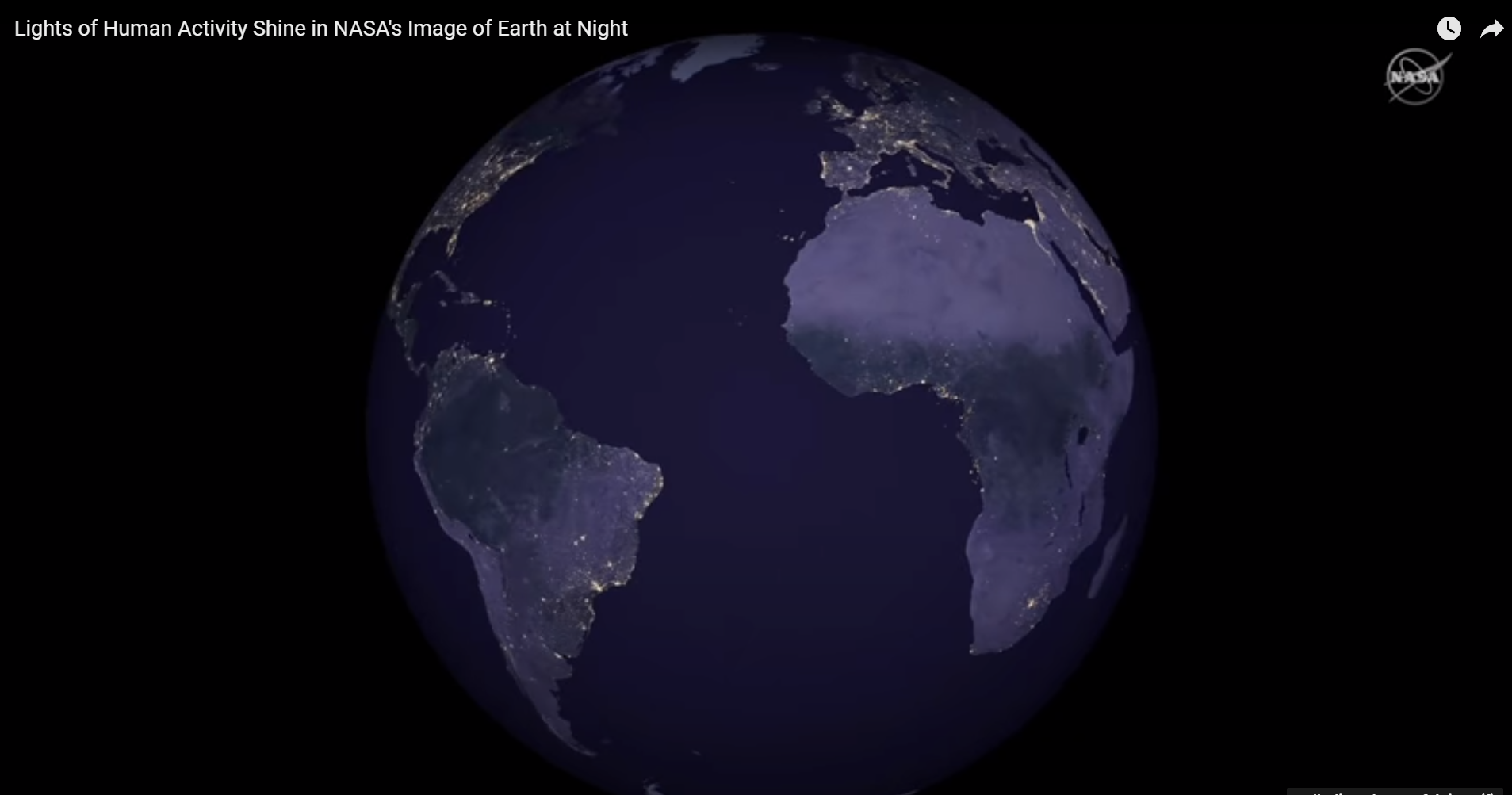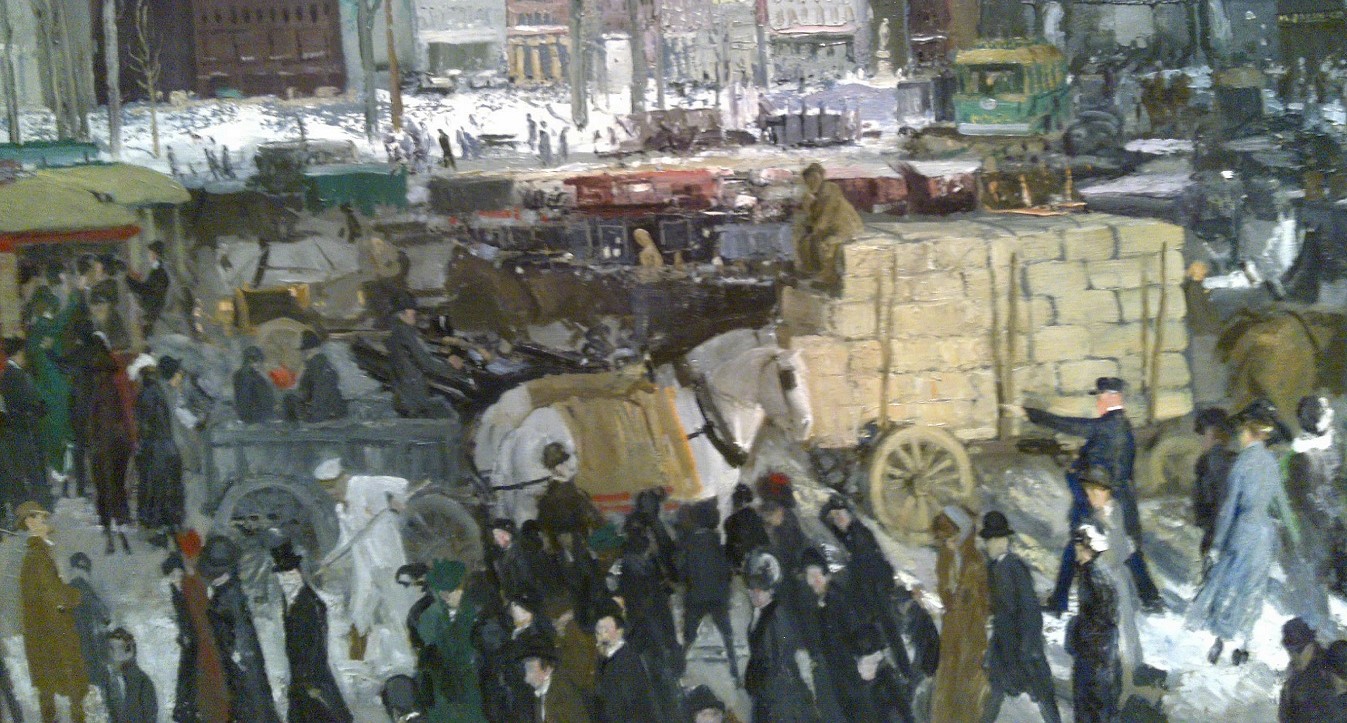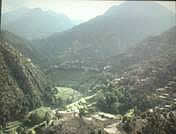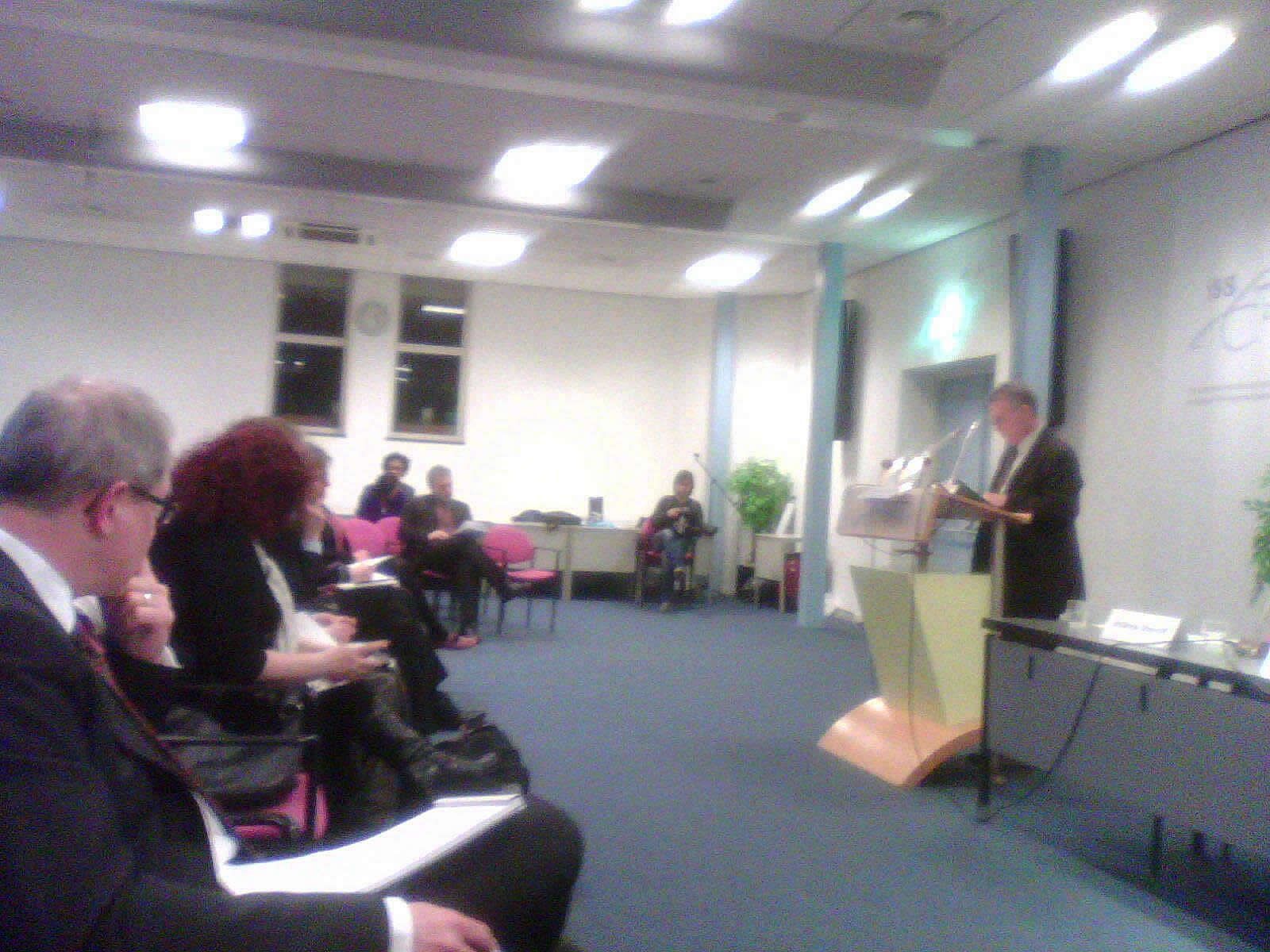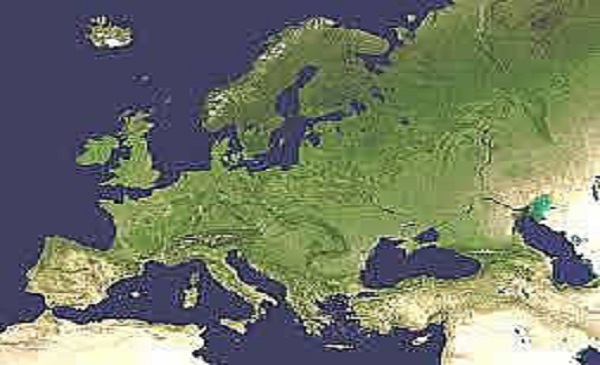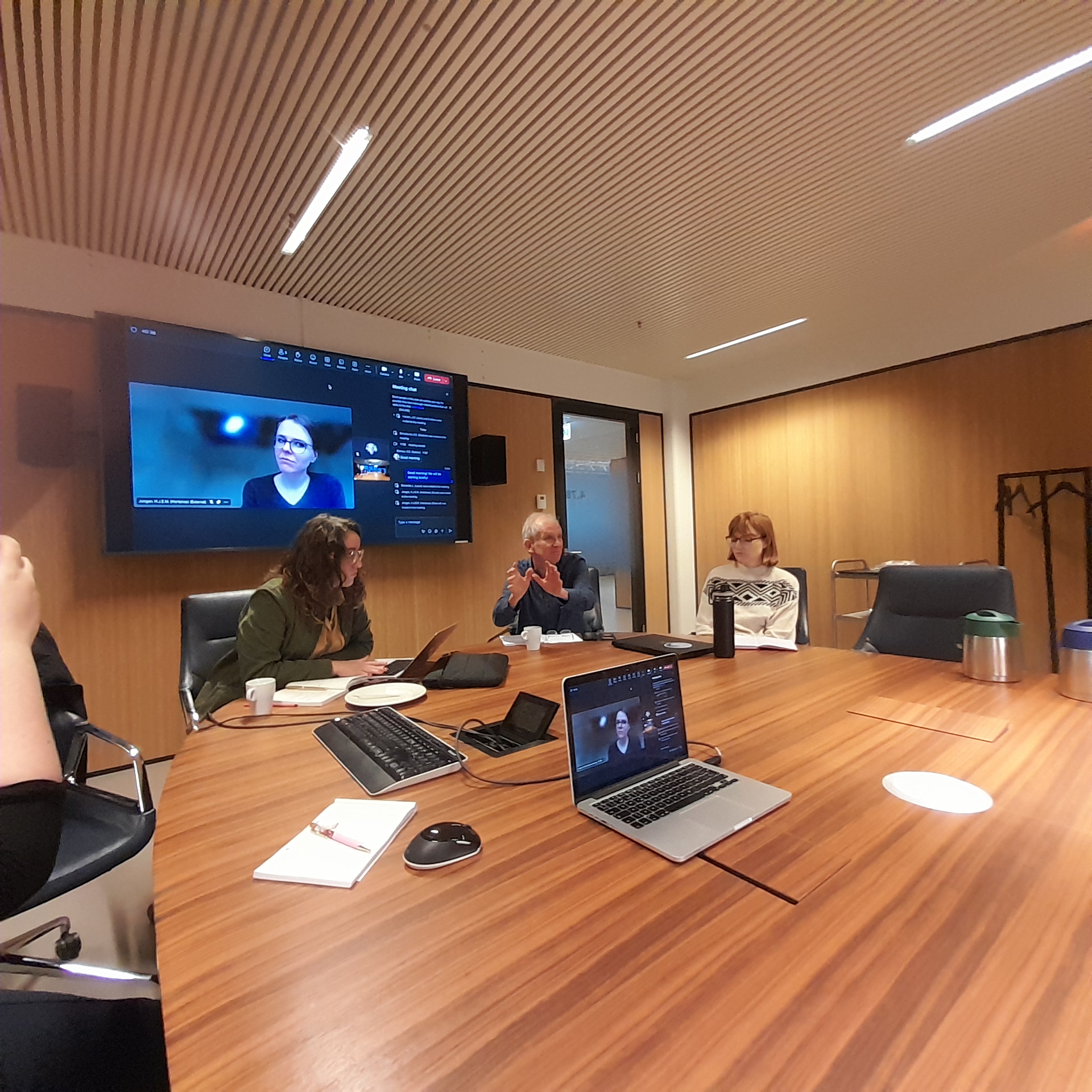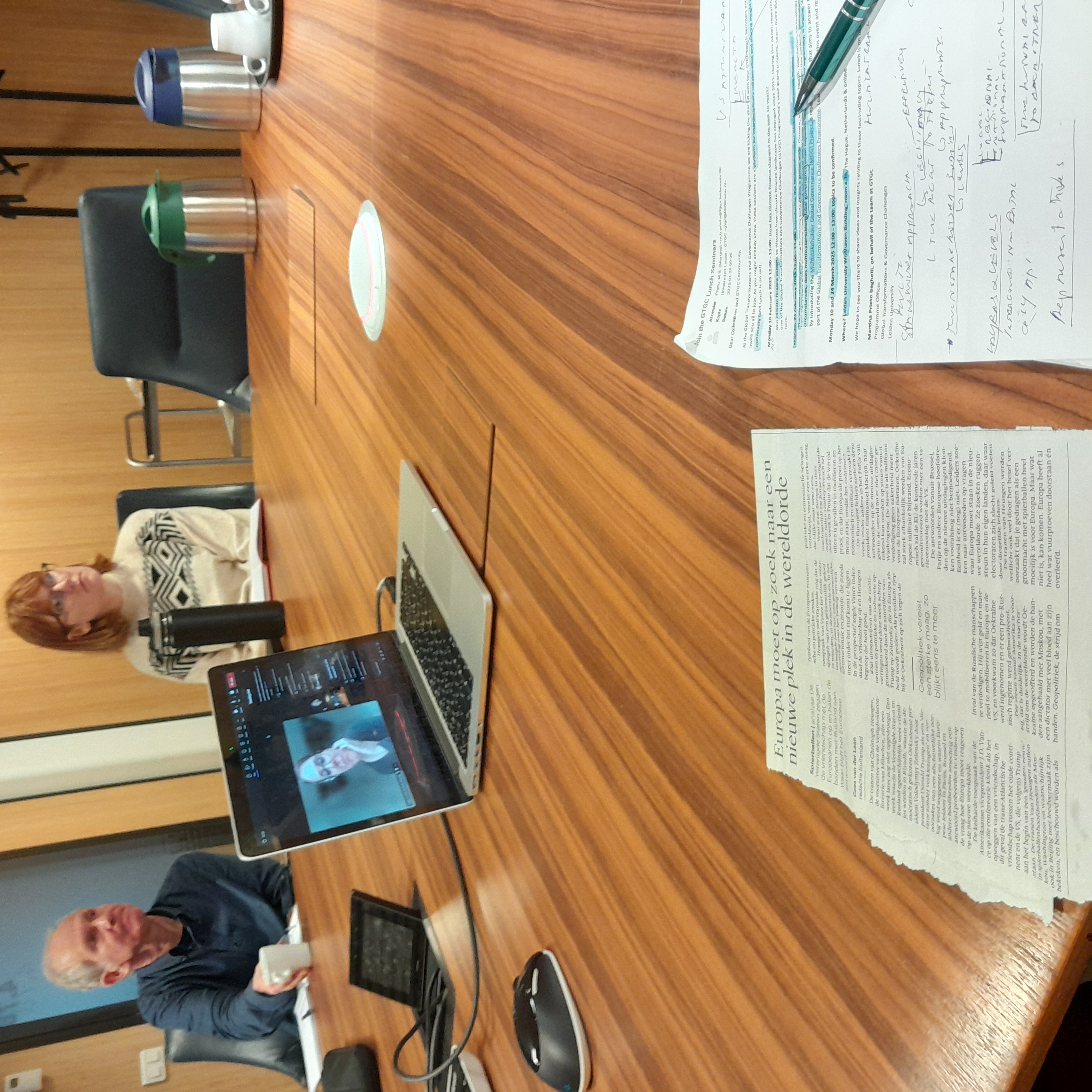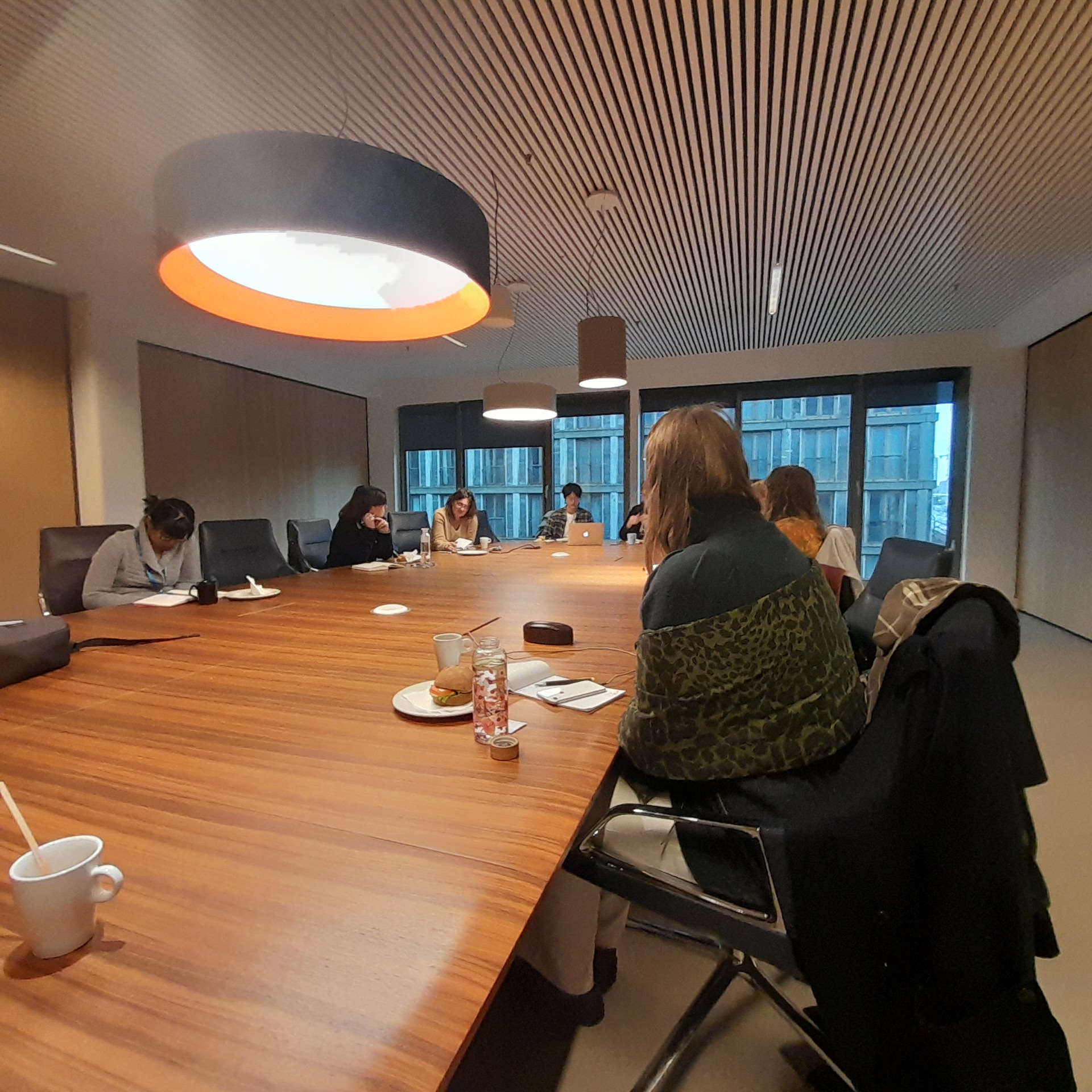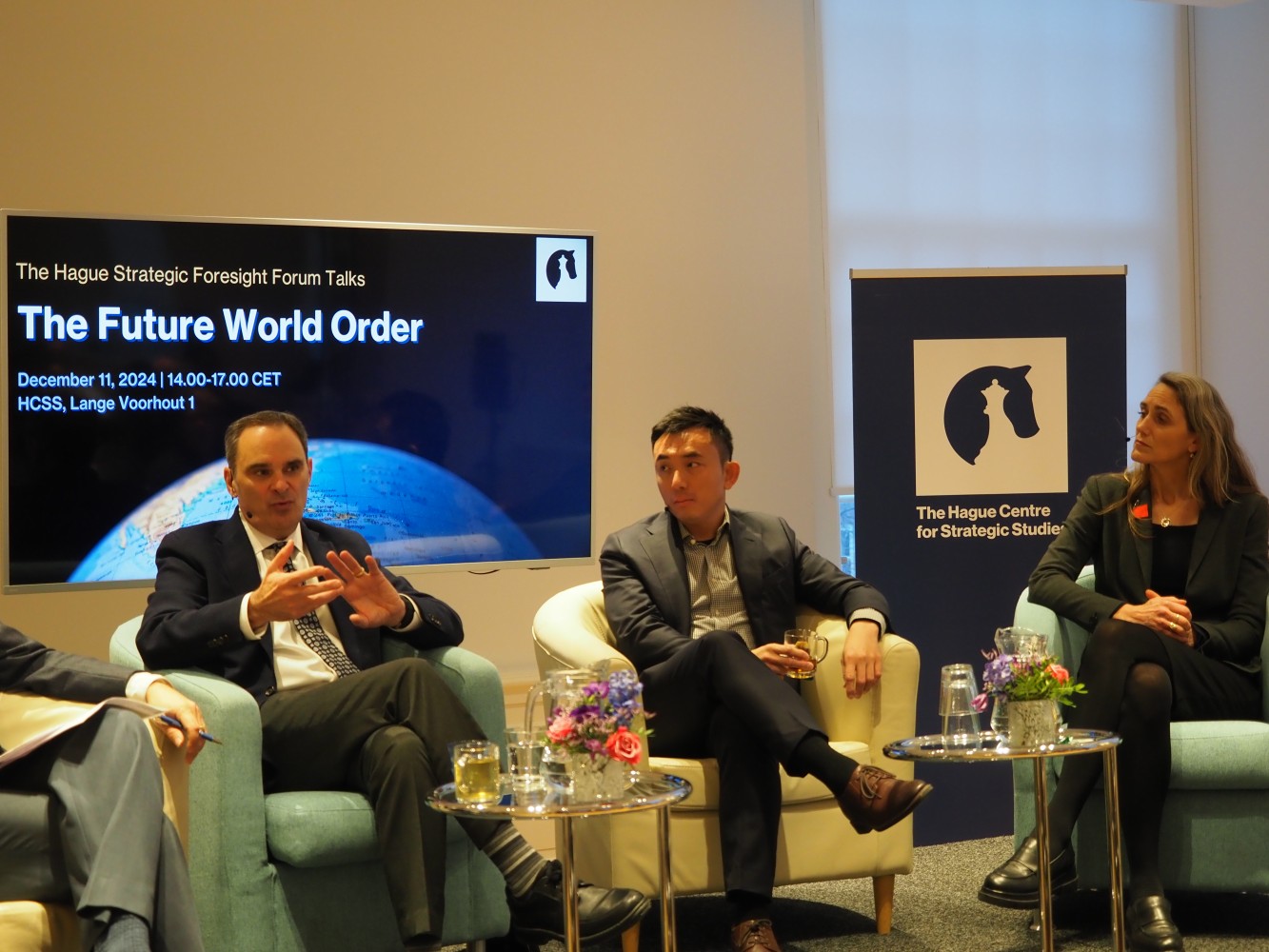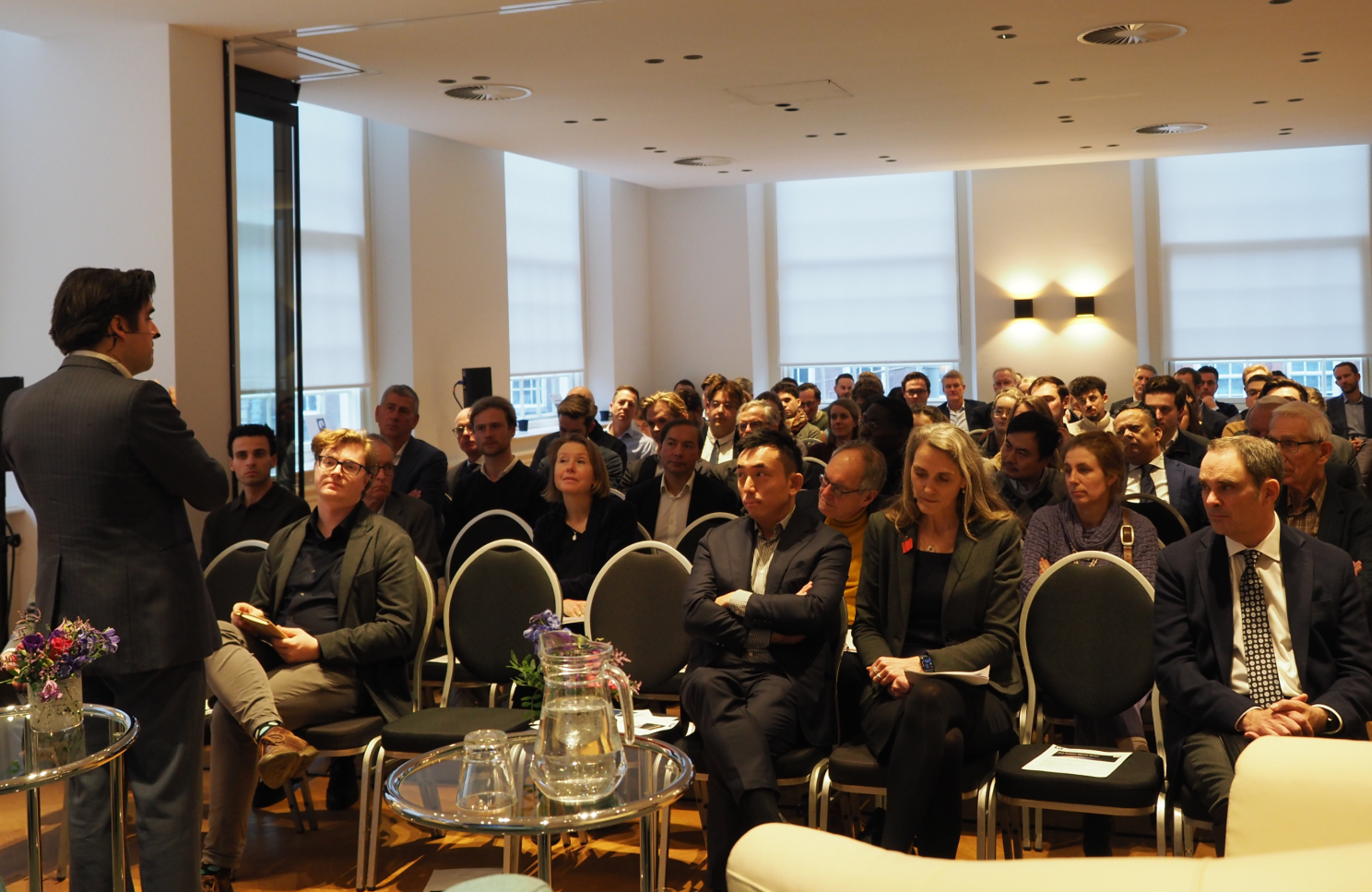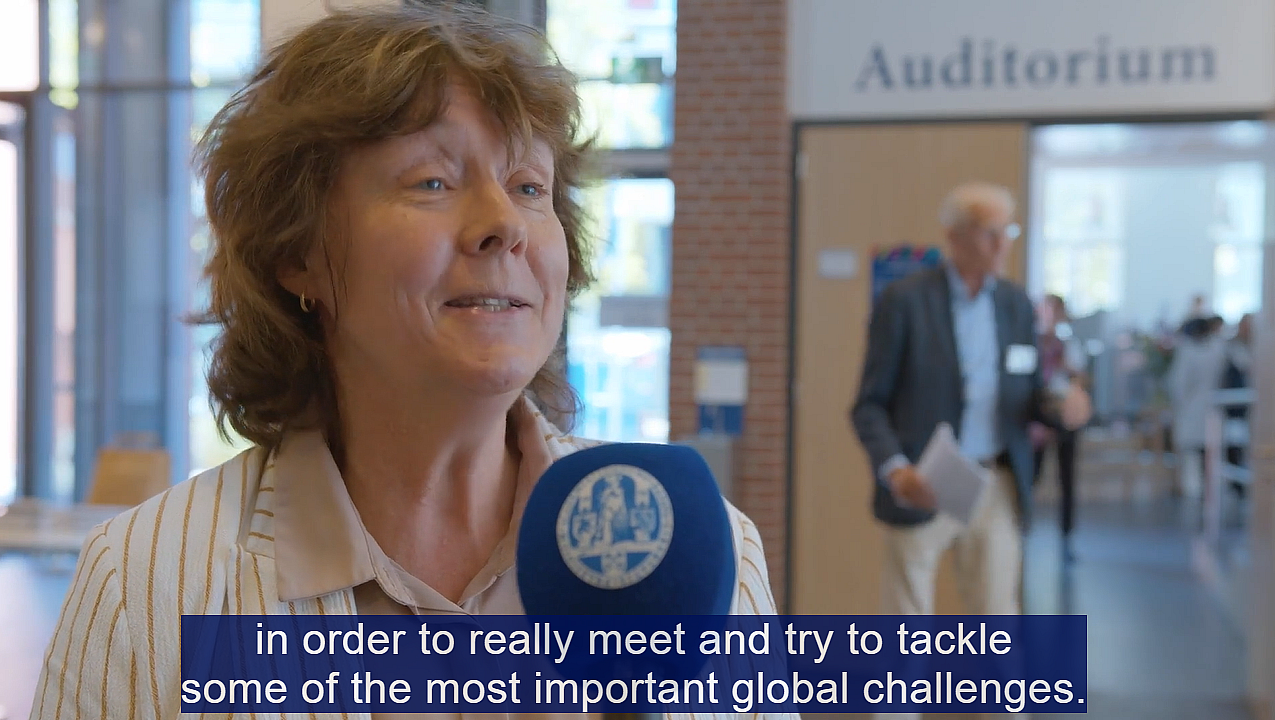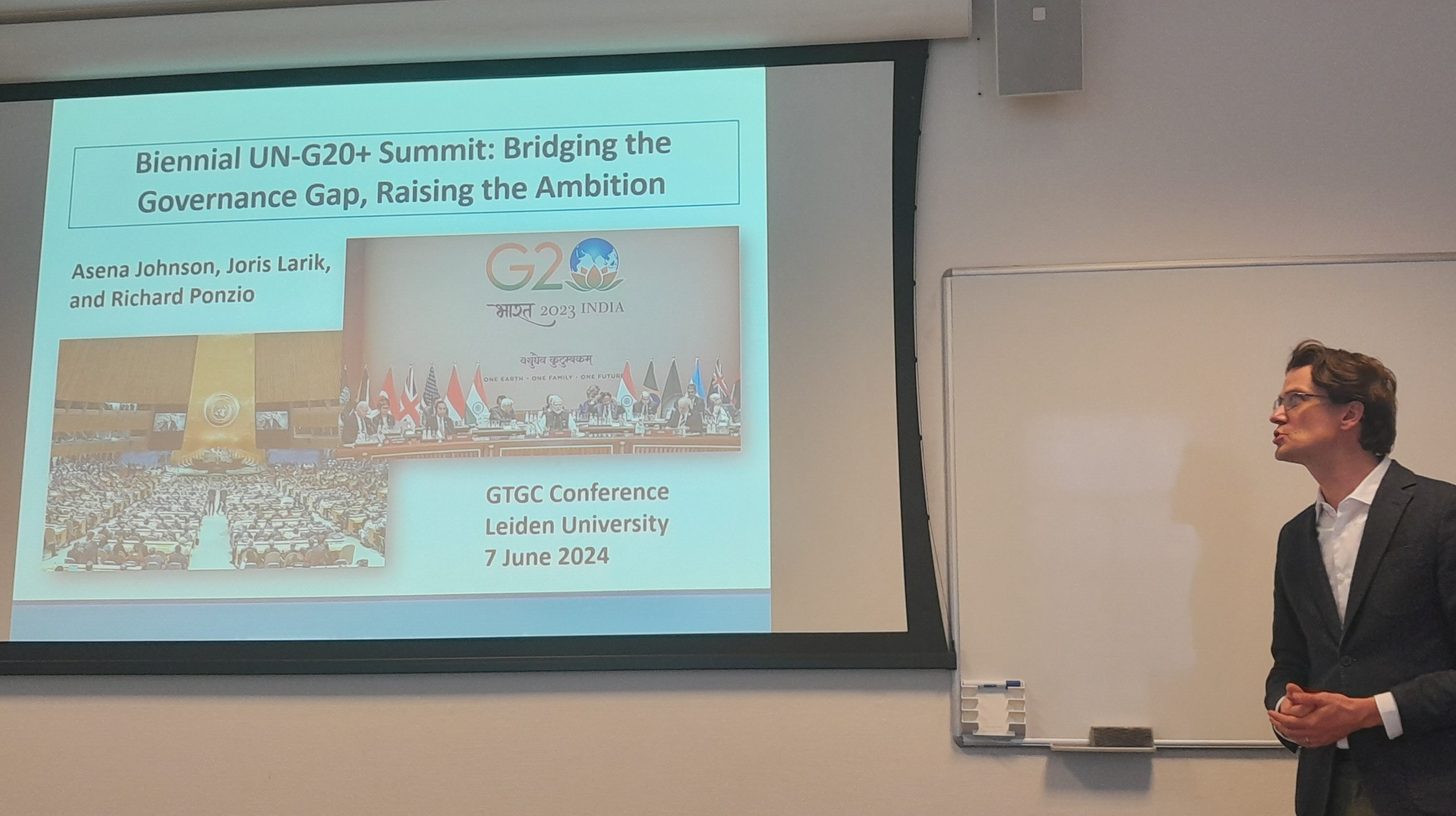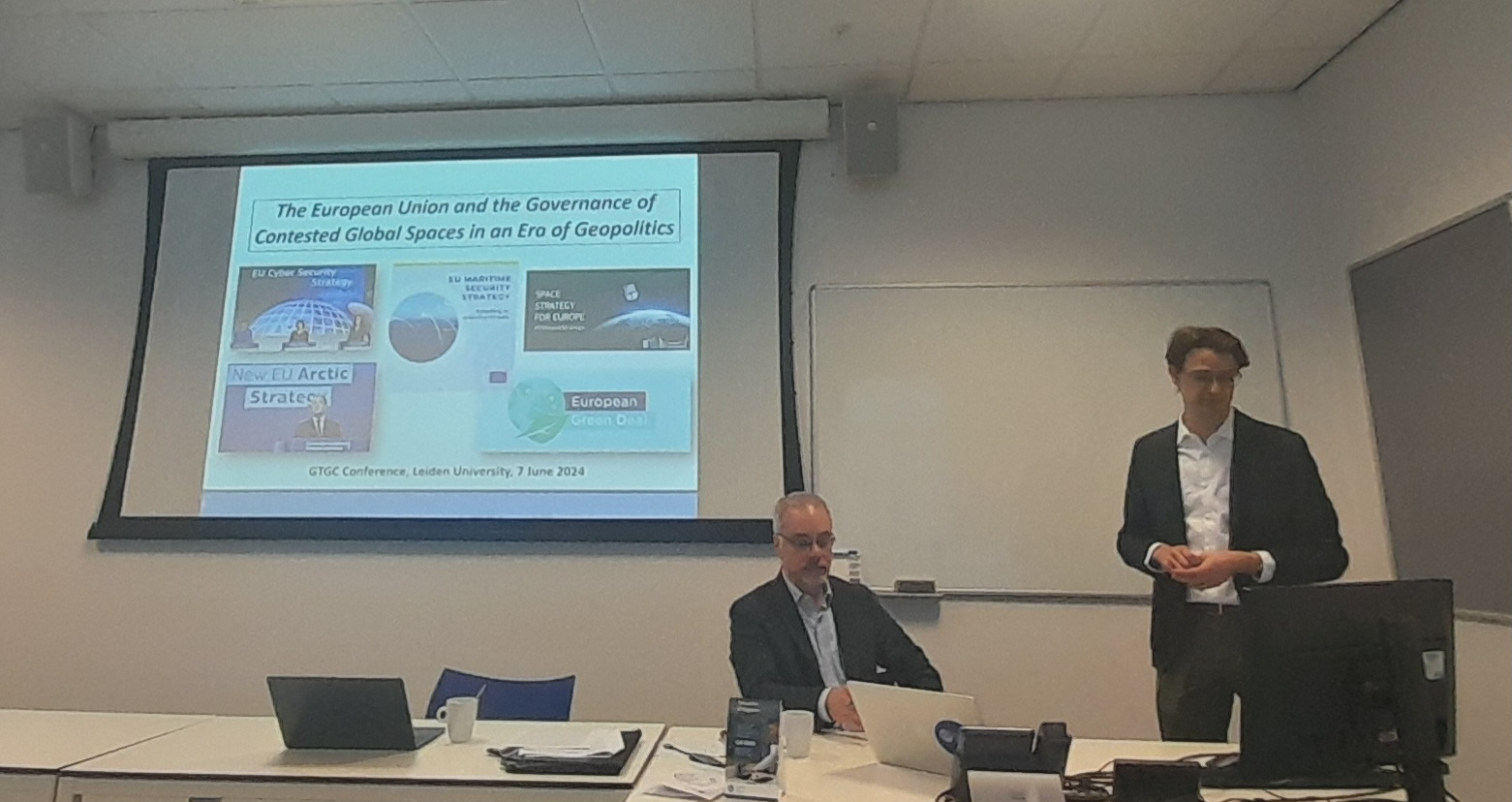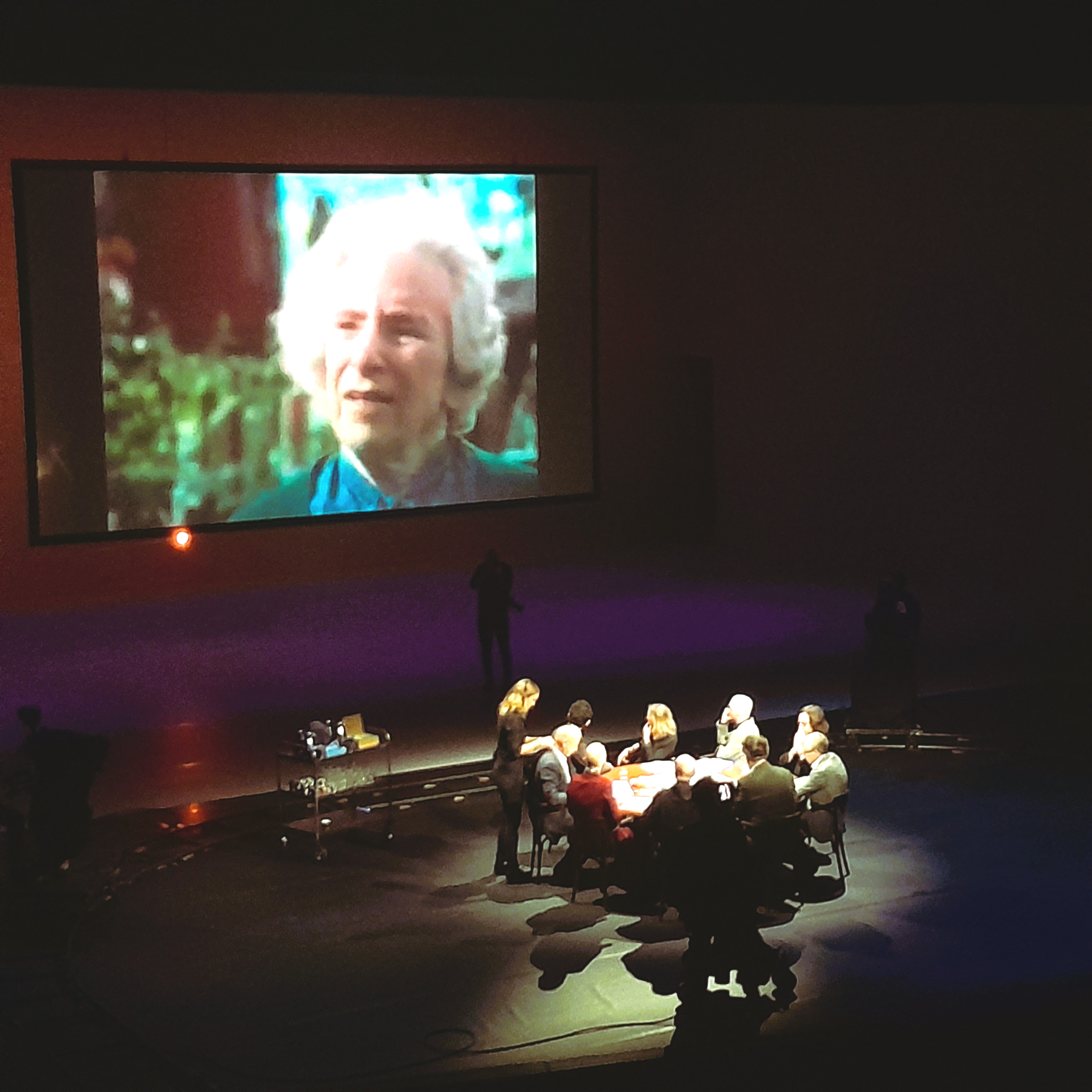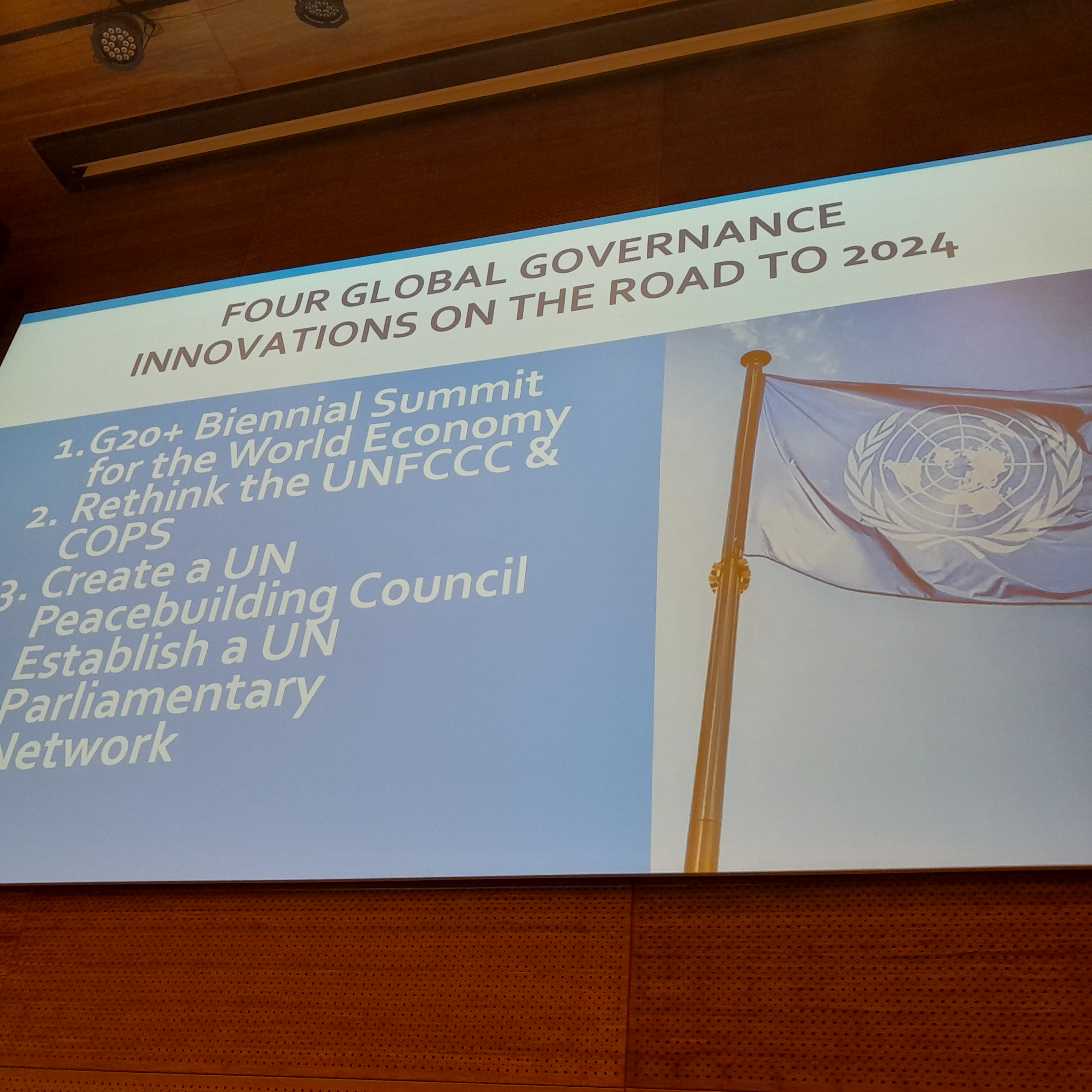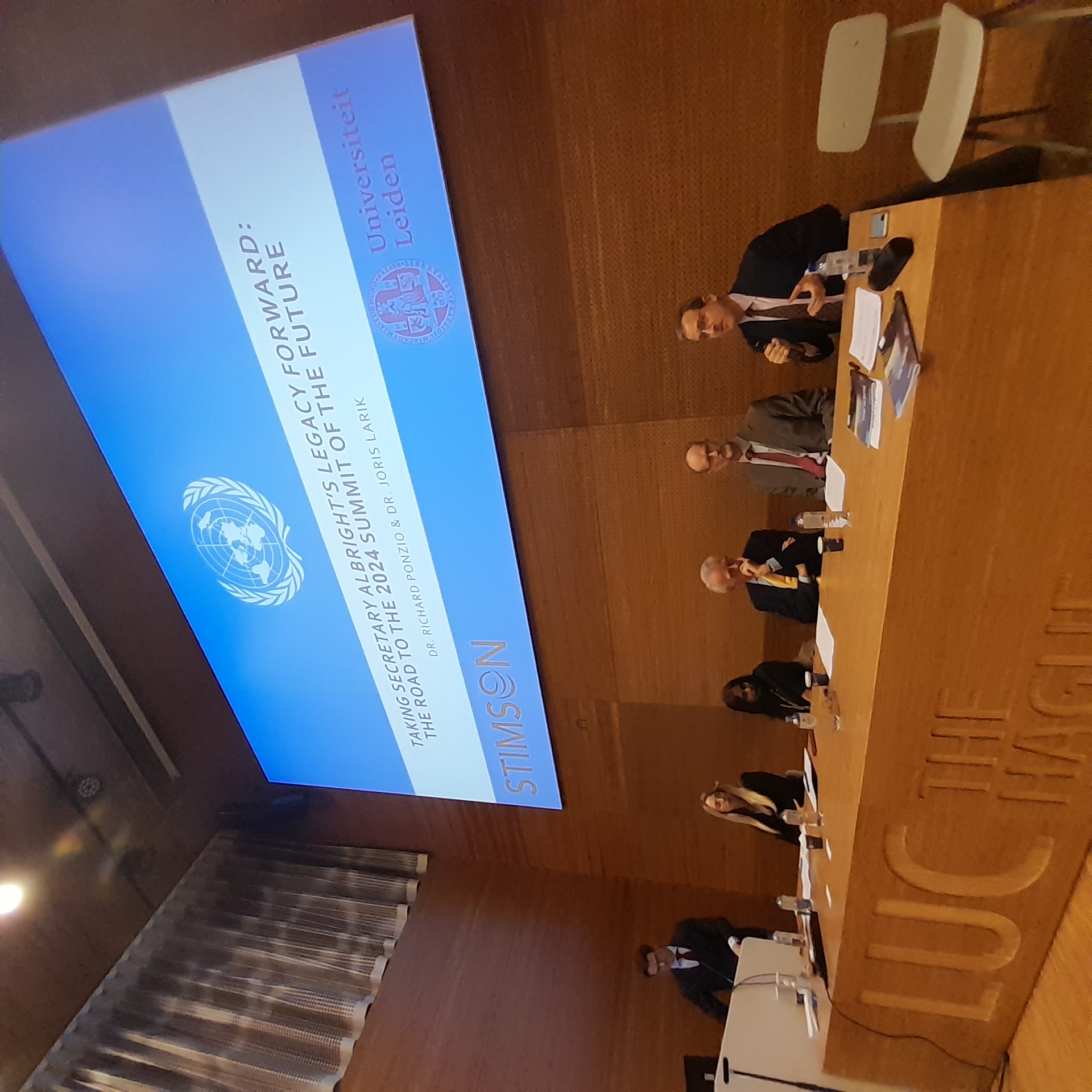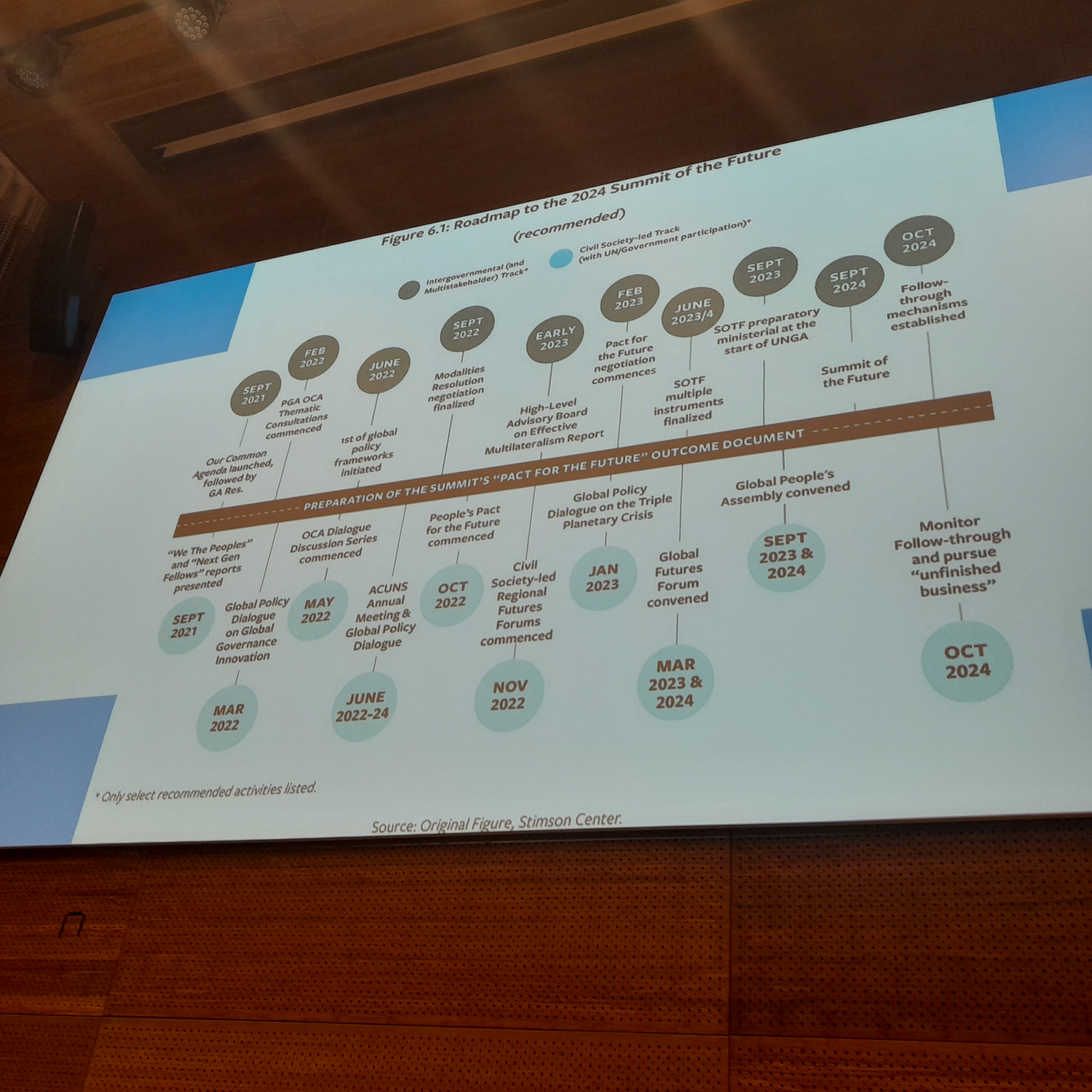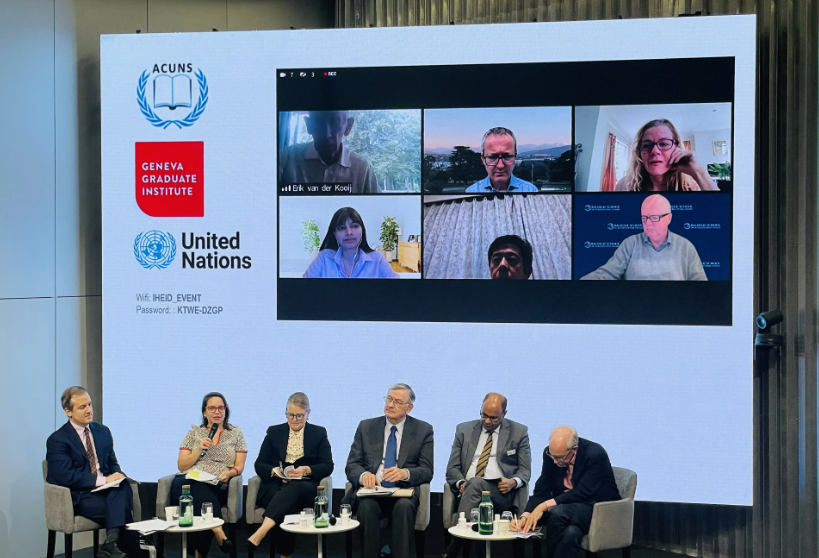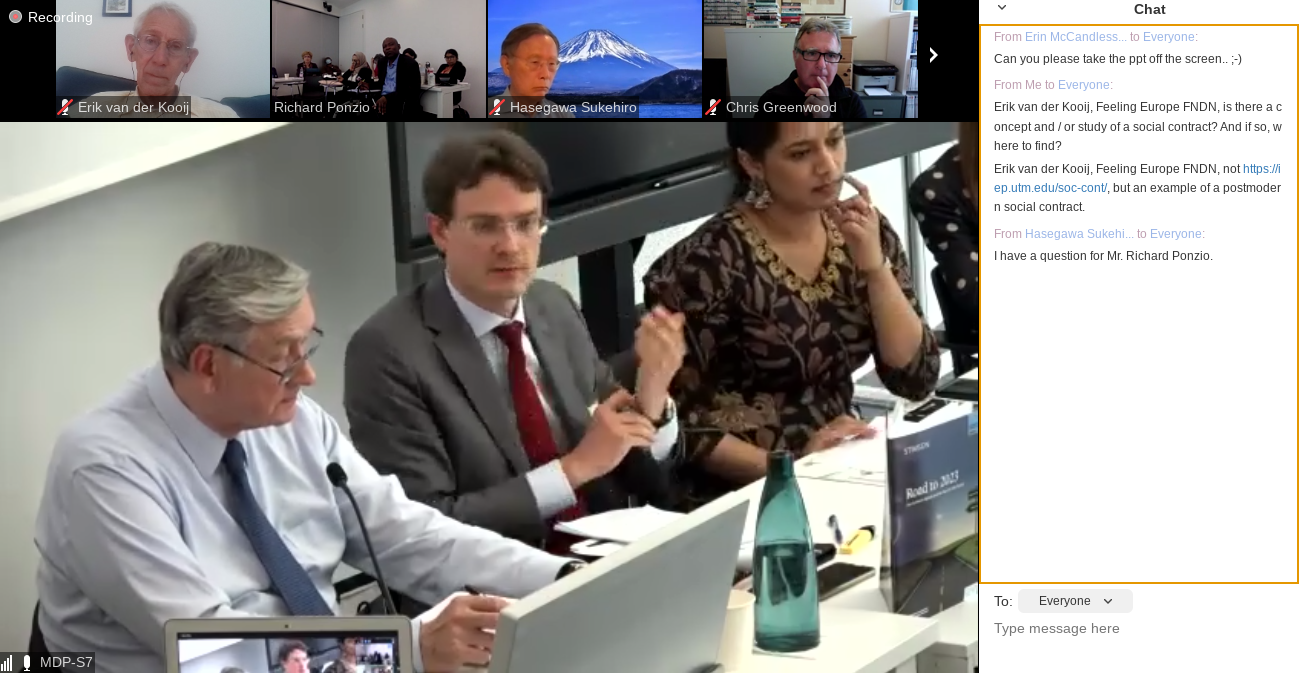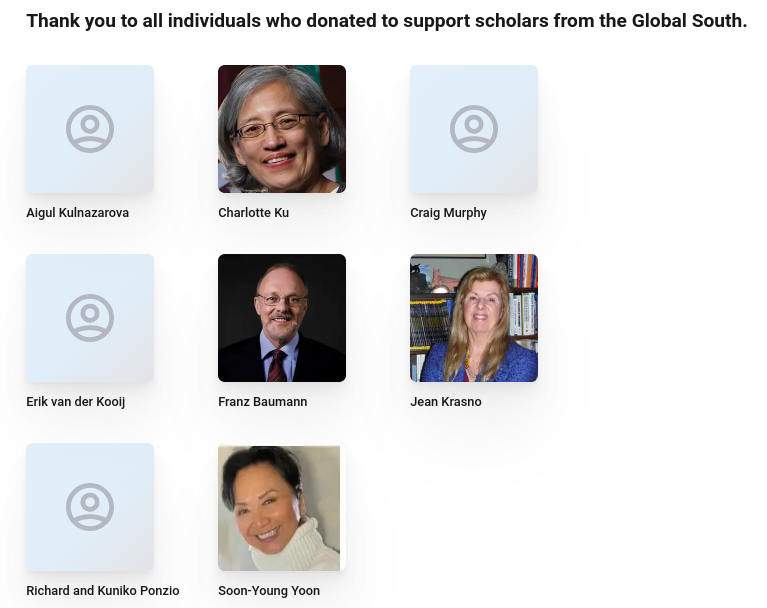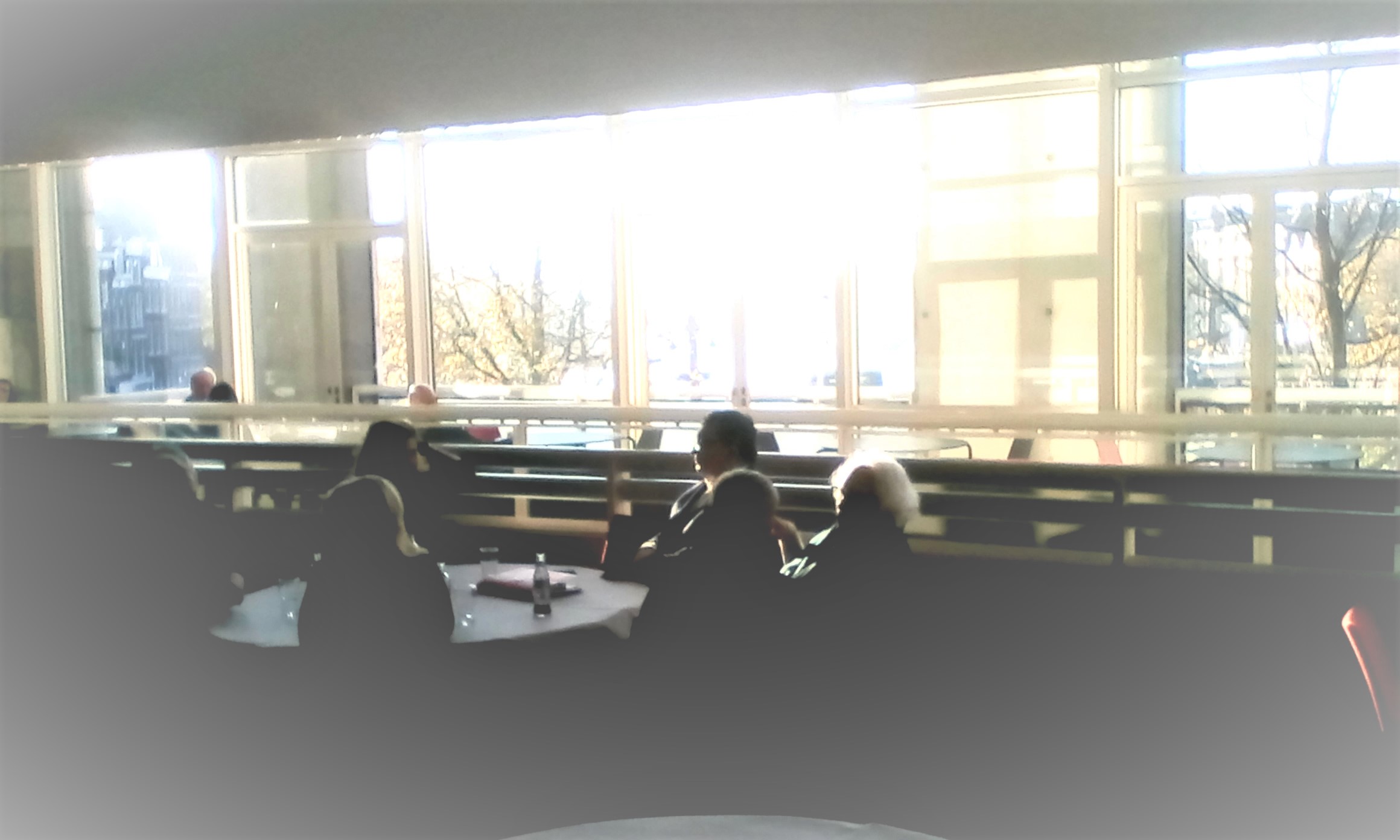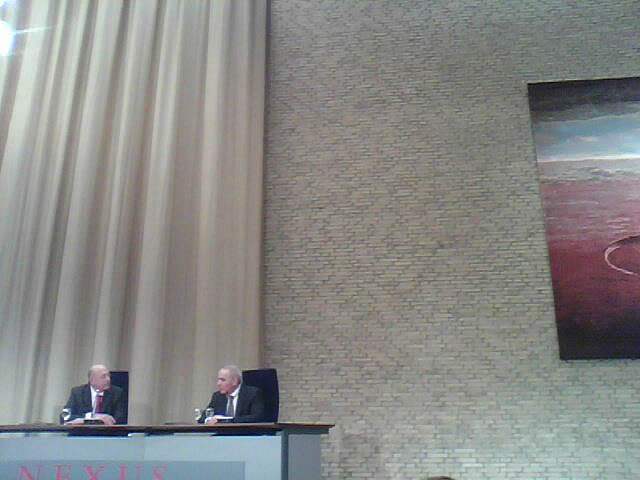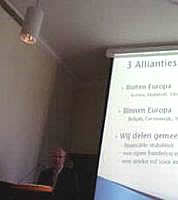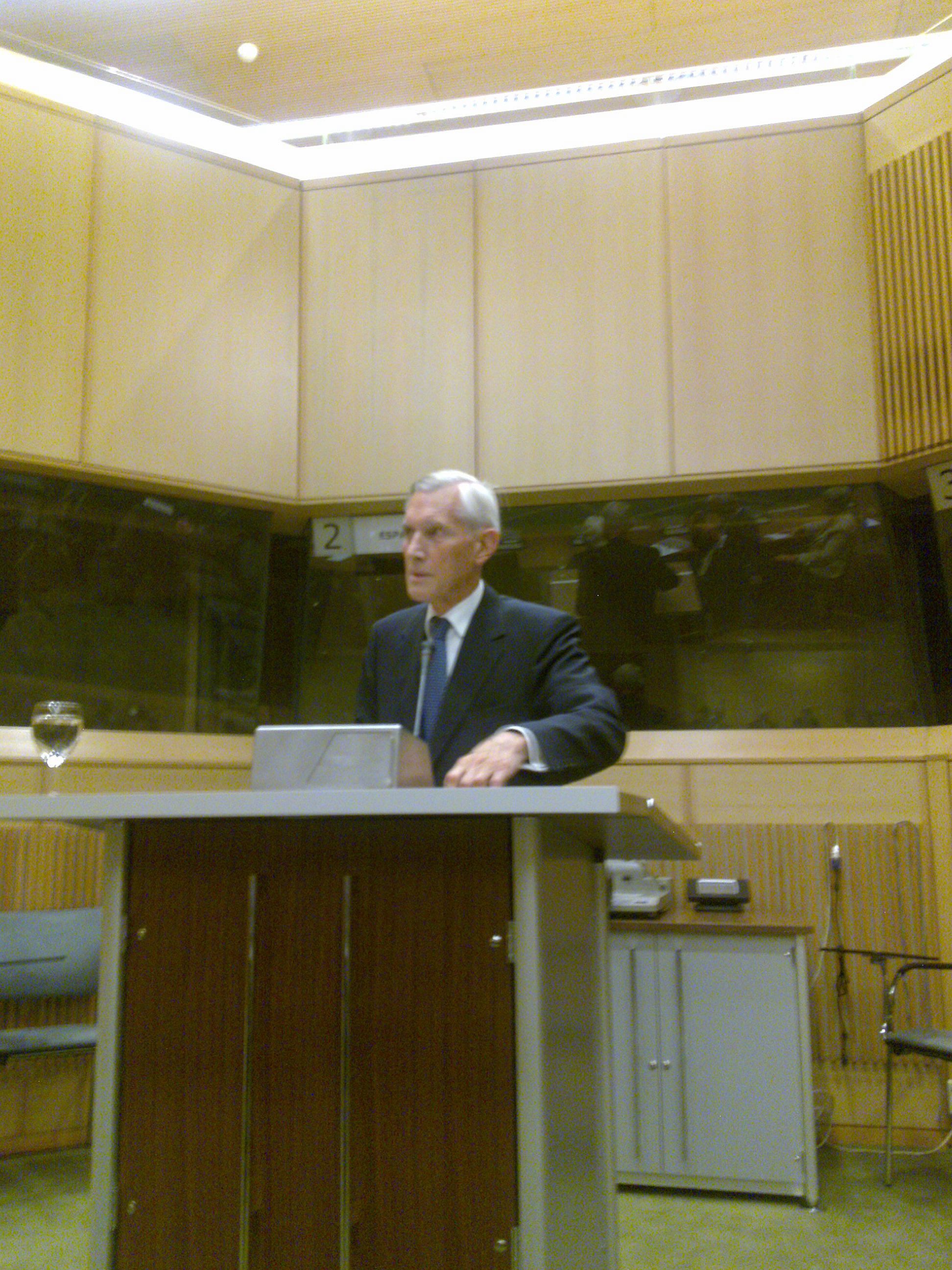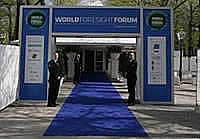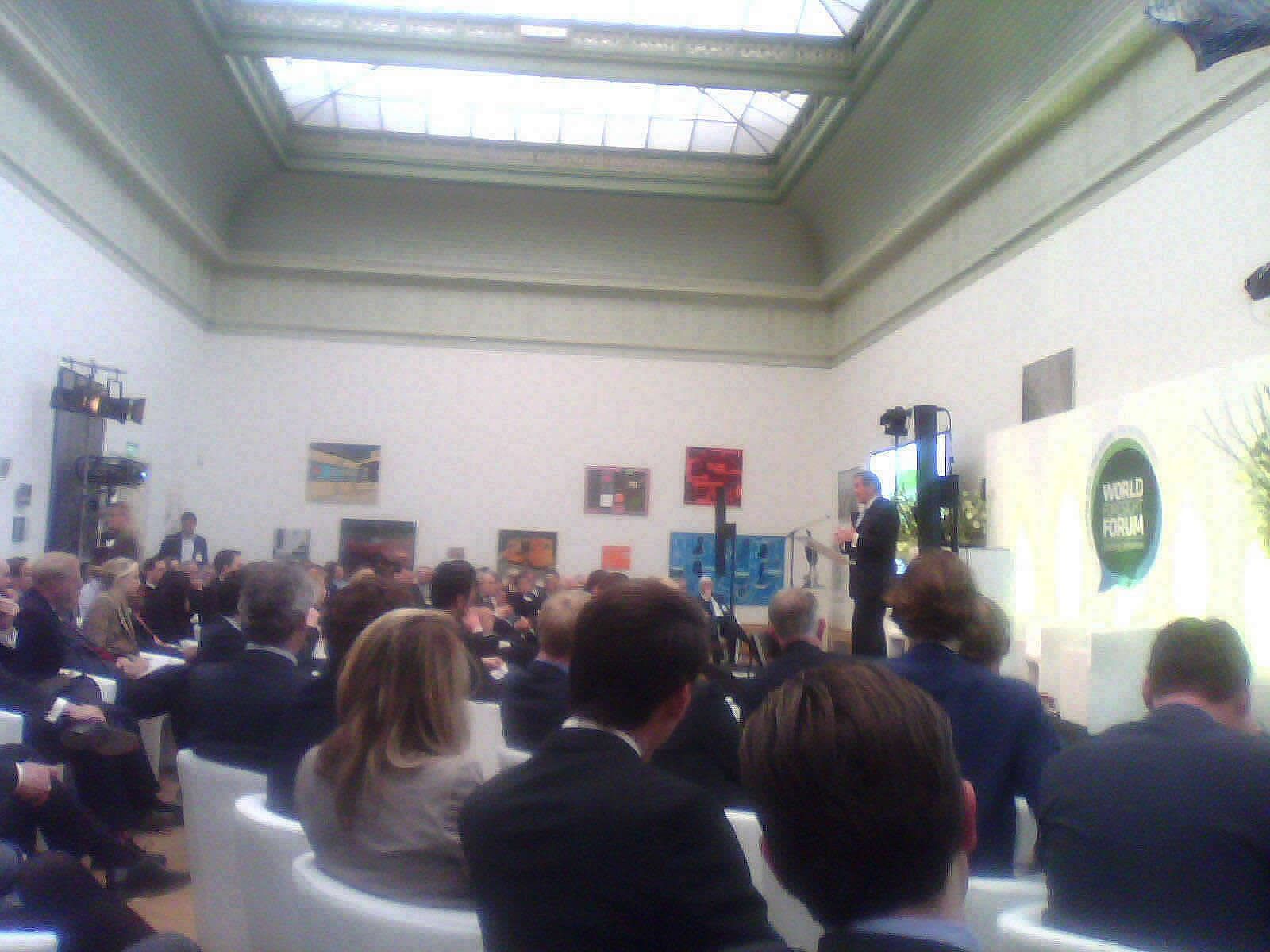Recent news broadcasts have once again exposed the widespread tolerance of society and of its leaders to unacceptable and inexcusable behavior, under the pretext of avoiding consequences deemed even more damaging. At the heart of such reasoning lies nuclear blackmail as well as a relativism based on dubious and out-of-context historical comparisons.
Under these conditions, it is illusory to think that specific rational solutions can be found to the current multiple challenges - geopolitical, economic, social, financial, energetic, sanitary, environmental, etc. – whose causes and consequences are interrelated and inextricably intertwined. As an example, the postures adopted by President Macron in China (who claims to embody the "stabilizing force" of the European Union in a re-ordering of global governance), appear unrealistic, grandiloquent and often irritating to his partners, even if these proposals meet aspirations that some will consider legitimate. Their weaknesses lie not in their objectives but in the French President's claim to represent - without a mandate - his 27 partners on subjects, notably those of national and/or European sovereignty, on which no prior consensus exists.
In the challenge launched by "autocratic" China and its "totalitarian" Russian vassal to the "democratic" United States and its allies, each third country will have to choose its side. More recently, under the cover of the health crisis (vaccines), of exacerbated geopolitical tensions (sanctions) or of oriented environmental policies (IRA), etc., protectionism is rearing its ugly head and is making surreptitiously its grand return to the heart of international relations. The lessons of the past, such as comparisons with a similar environment which contributed to the aggravation of the 1930's crisis leading to the Second World War, are fast being forgotten.
The gradual extension of the free trade regime, which presided over globalization, has nevertheless served the planet well since the end of the 1950s, even if spreading inequalities: it has, in fact, allowed the (poorly distributed) feeding of a population that has doubled in size, while allowing hundreds of millions of human beings to escape poverty.
The "millennium goals" set at the end of the last century held out the possibility of a world where prosperity and peace were supposed to become widely shared common goods; this trend has been brutally reversed since Covid. The utopias that followed the collapse of the USSR ("the end of history") have encouraged unlimited consumption and squandering of the impalpable "peace dividend" by the rich, while ignoring the fragility of political, social and economic equilibria; it leaves the appetites of the disenfranchised - or of those who consider themselves such – to be stirred up and exploited by power-hungry populist movements.
|
This has led to the widespread illusion that autocracies are fighting the historical injustice perpetrated by the erstwhile colonizing west; they appear to enjoy a "majority" support among the world's population. This perception applies, however, far more correctly to the many authoritarian leaning governments (including to, some labeled "democratic") than to the people they rule. Indeed, it is the Authorities in place, many of which have no democratic legitimacy, that are corrupt or operate often mafia-like schemes that fuel all forms of illicit trade (including sanctions evasion), and whose lavish profits contribute nothing to the well-being of their citizens.
This reality must supersede the conventional narrative that blames a bygone Western colonialism for the chronic underdevelopment of the Third World and that obscures exactions at least as pernicious, if not worse, perpetrated by those who set themselves up as the new "protectors. If the indispensable re-ordering of planetary governance is to lead to a more acceptable allocation of resources, it can only be inspired by a reformed Western model, based on its democratic values and on the resources it is capable of generating.
In a deeply interconnected, structurally interdependent and fundamentally unequal world, the difficulty of agreeing on an acceptable planetary governance is monumental. It can only be conceived and carried through by (hard-to-identify) visionaries in an environment similar to that which inspired the Fathers of Europe after World War II.
Their success was largely due to the shared painful experience of a conflict in which the sum of the casualties, destruction and suffering created the appropriate context to impose the primacy of the general interest over particular national appetites and egoisms; thus began a period of prosperity and peace that had never been equaled previously on the European continent.
It would, however, be naive to imagine that leaders, especially dictators and autocrats, would voluntarily subscribe to a project whose apparent utopia would deprive them of their powers. Such an upheaval can only be conceived after the outbreak of a planetary crisis. It is precisely the risks of such a crisis that are currently piling up, whether they result from natural causes (climatic, pandemics ....), human decisions (war, financial, real estate, energy crises, inflation, social movements ....) or a combination of the two (global warming, shortages ....).
It is difficult to predict which event will trigger the looming crisis; it is inevitable, however, that it will spread through a domino effect, leading to the loss of control of events and an apocalyptic collapse.
The European Union, if it survives after such a shock, is well placed to initiate the Herculean task of reconstruction. It necessitates, however, as a precondition to complete its own integration in key areas before proposing a wider extension of its governance to the international community.
|
This is what President Macron calls "European sovereignty", which will only come into being if essential functions, including, by definition, all sovereign powers, are entrusted to the European level; devolution of subsidiary powers should bring the intermediate levels of power closer to the citizens.
By developing this utopia, we can imagine moving towards a tri-polar world where, in addition to the United States and China, the third leg would be represented by a European Union from the Atlantic to the Urals: it should incorporate a reformed Russia whose Asian hinterland would remain associated, to ensure its development.
This extended Europe would enjoy a high degree of autarky that would allow it to fully exercise its stabilizing role on the international scene hailed by President Macron. It would bring its full weight to bear on a world governance where conflicts would be resolved by an accepted and recognized authority, in accordance with the (disappointed) ambitions of the UN. In developing such a project, the diversity of cultures, beliefs and traditions must be allowed to be expressed as well as respected.
These differences must, however, be part of a hierarchy of norms that are accepted by all. For this reason, no agreement is possible today, as long as the confrontation between those who oppose the primacy of force to that of the law, subsists. Already in ancient times, the Prophet Ezekiel (Chapter 4, 2-4) imposed duties rather than rights on leaders:
2 Son of man, prophesy against the shepherds of Israel! Prophesy to the shepherds and say to them, "Thus says the Lord GOD, 'Woe to the shepherds of Israel who feed themselves! Were not the shepherds to feed the flock?
3 You have eaten the fat, you have clothed yourselves with the wool, you have killed the fat, you have not fed the sheep.
4 You did not strengthen the weak, heal the sick, bind up the wounded; you did not bring back the erring, seek the lost, but ruled them with violence and harshness.
In the interest of humanity, will we be able to overcome the major "moral crisis" that is creeping and spreading into our daily lives? As a first step, in order to limit the inevitable "boomerang" effect caused by our excesses, we must urgently oppose, with unwavering determination, the unacceptable exactions that we witness every day, and be prepared to accept the risks that opposing them entails.
Brussels, April 16, 2023
Paul N. Goldschmidt
|

